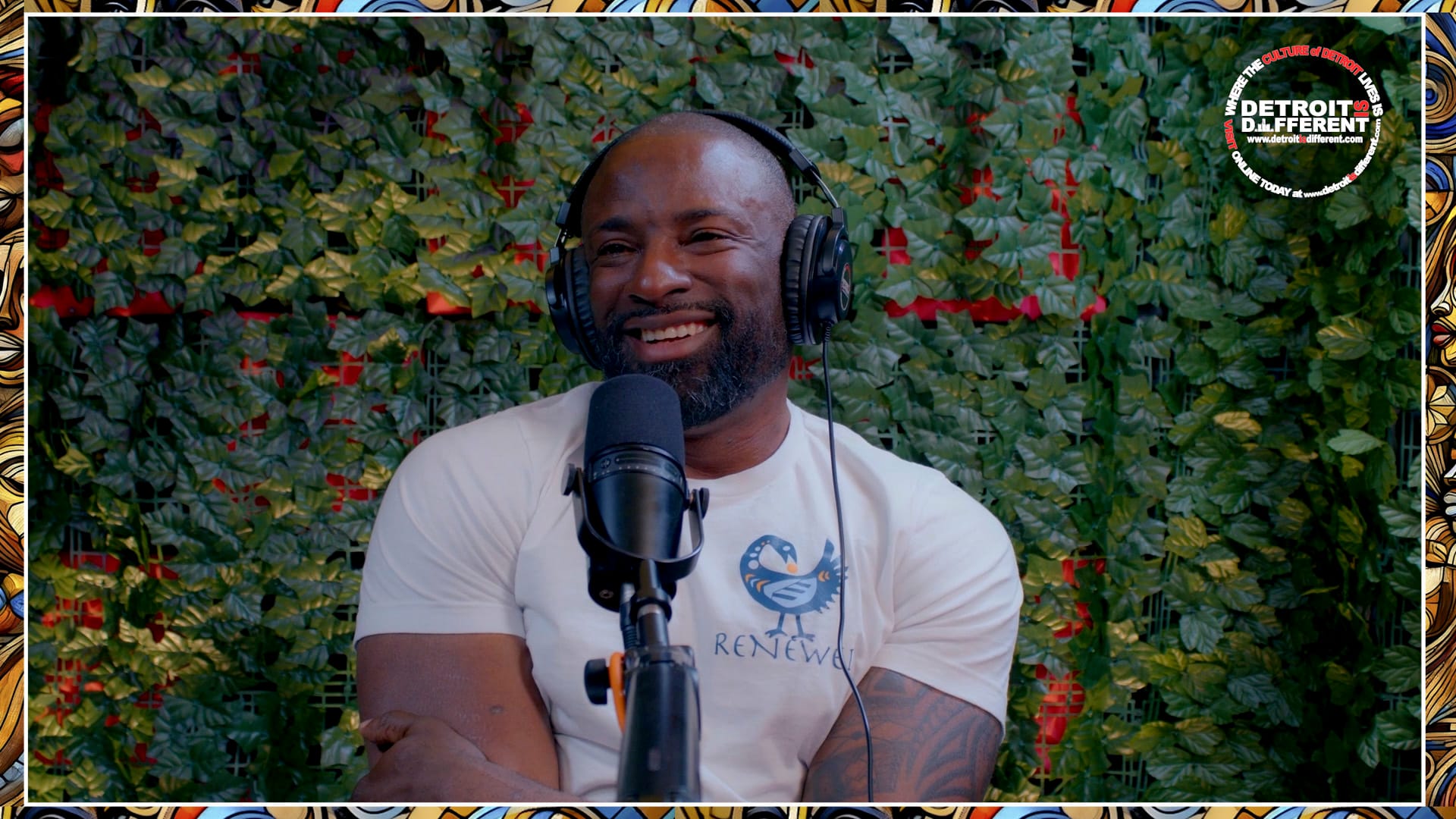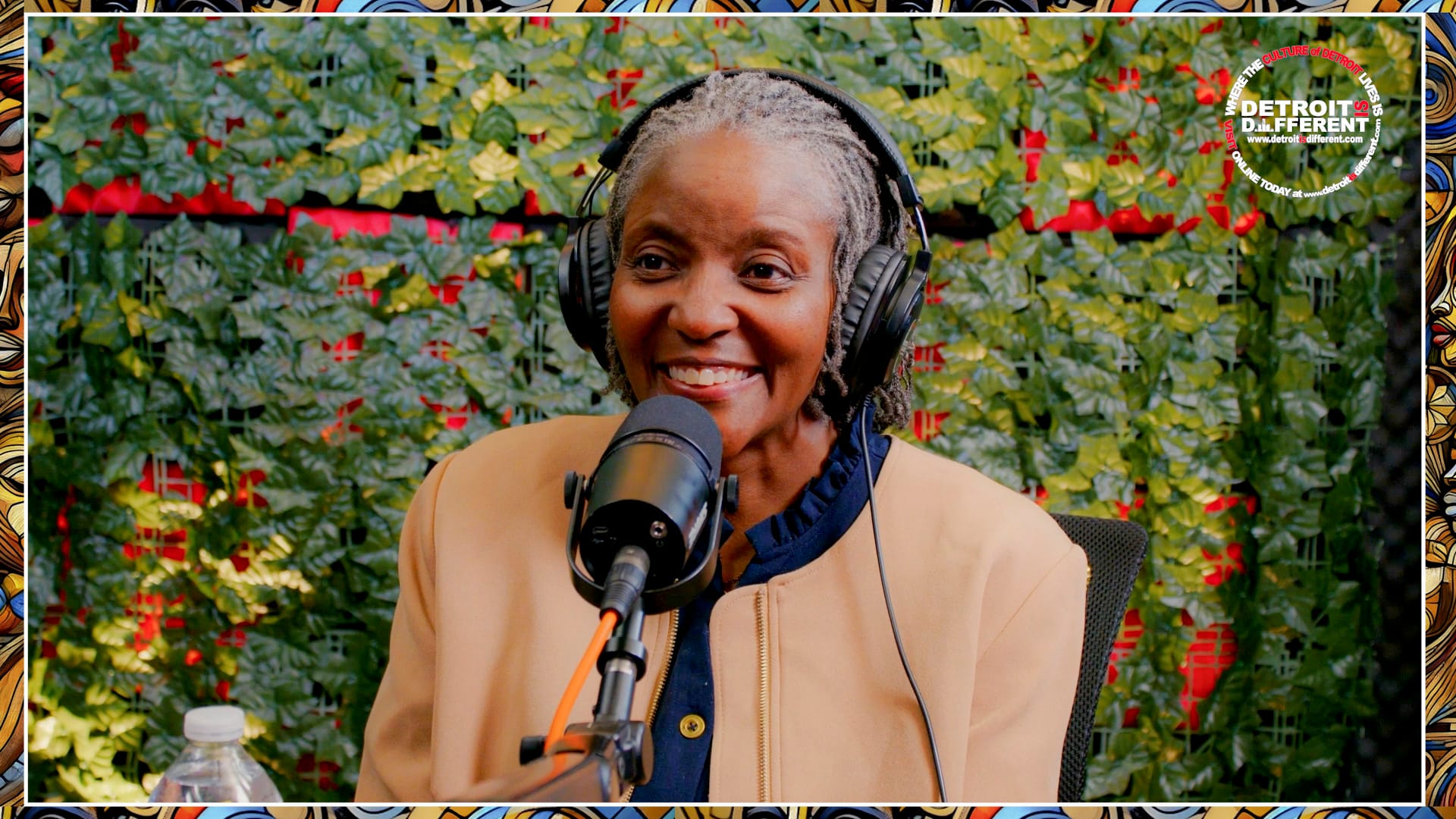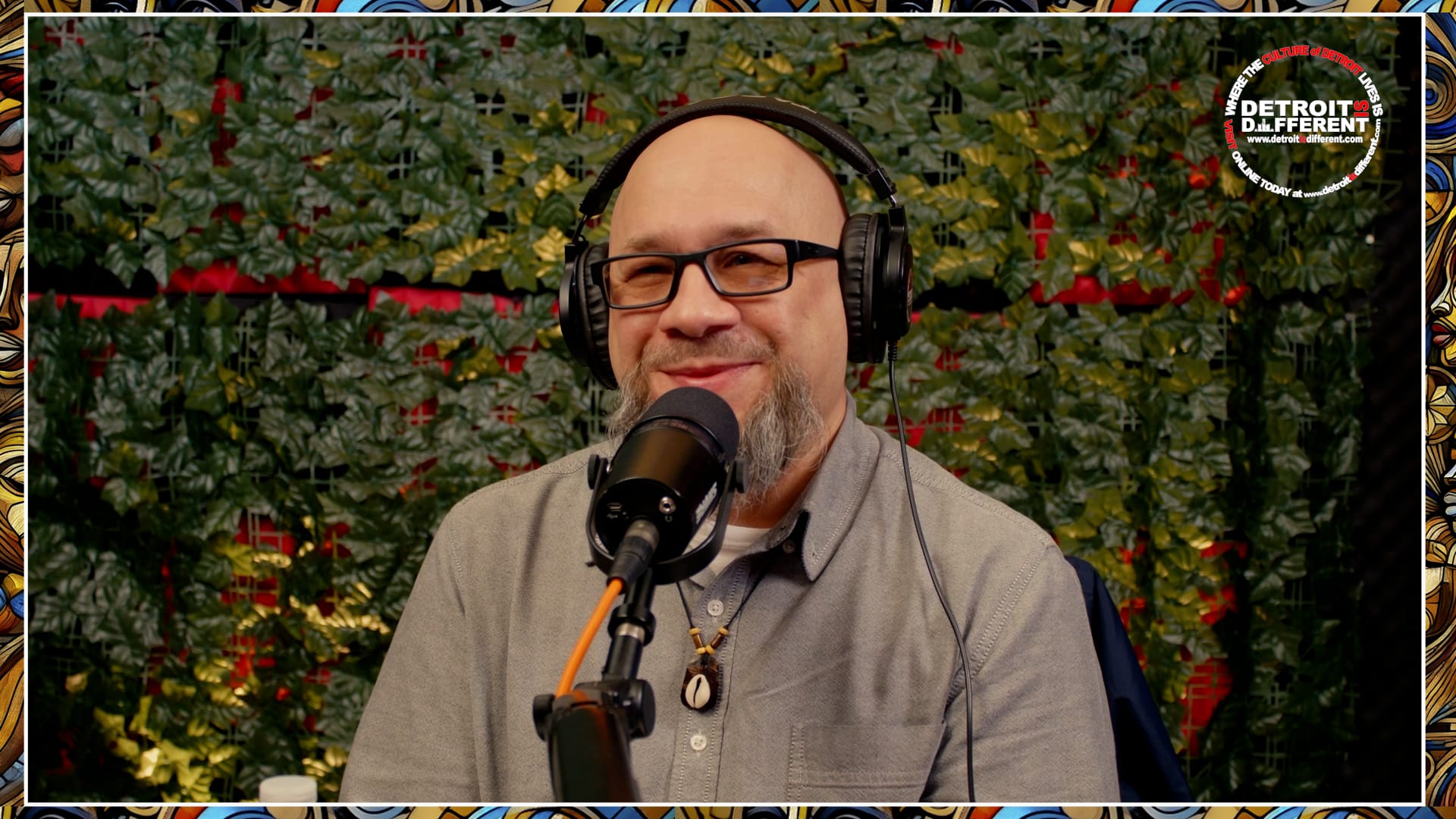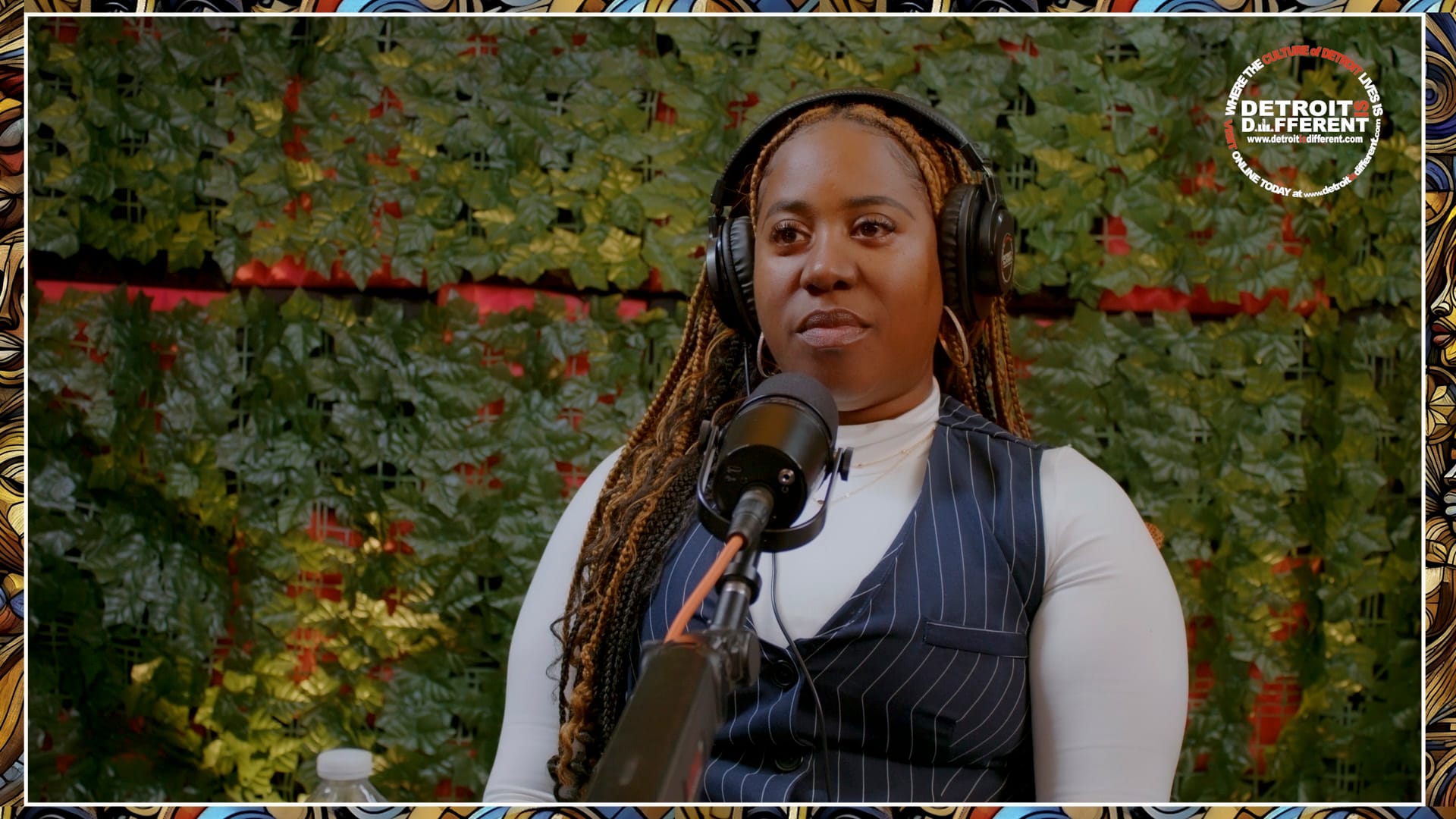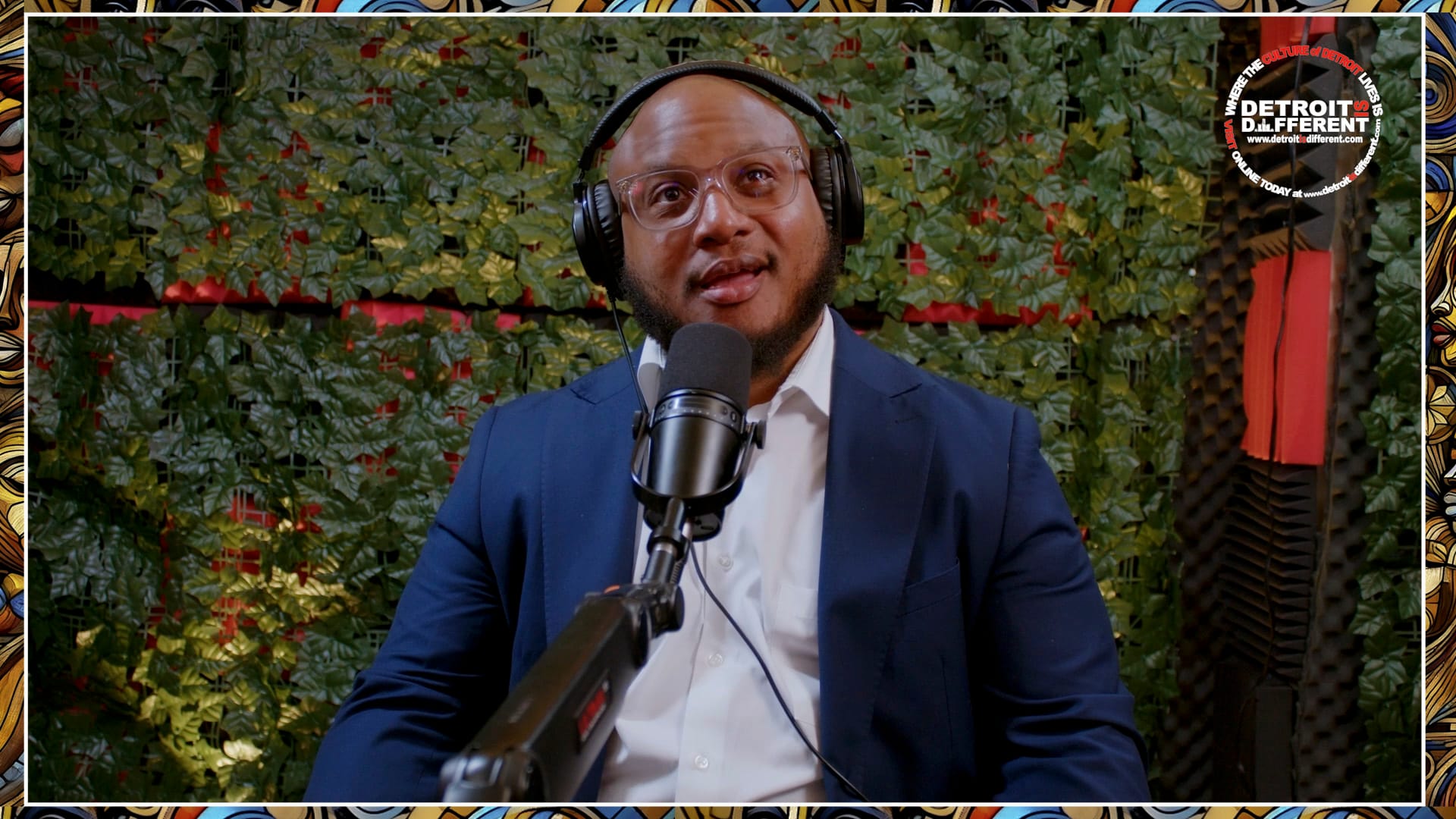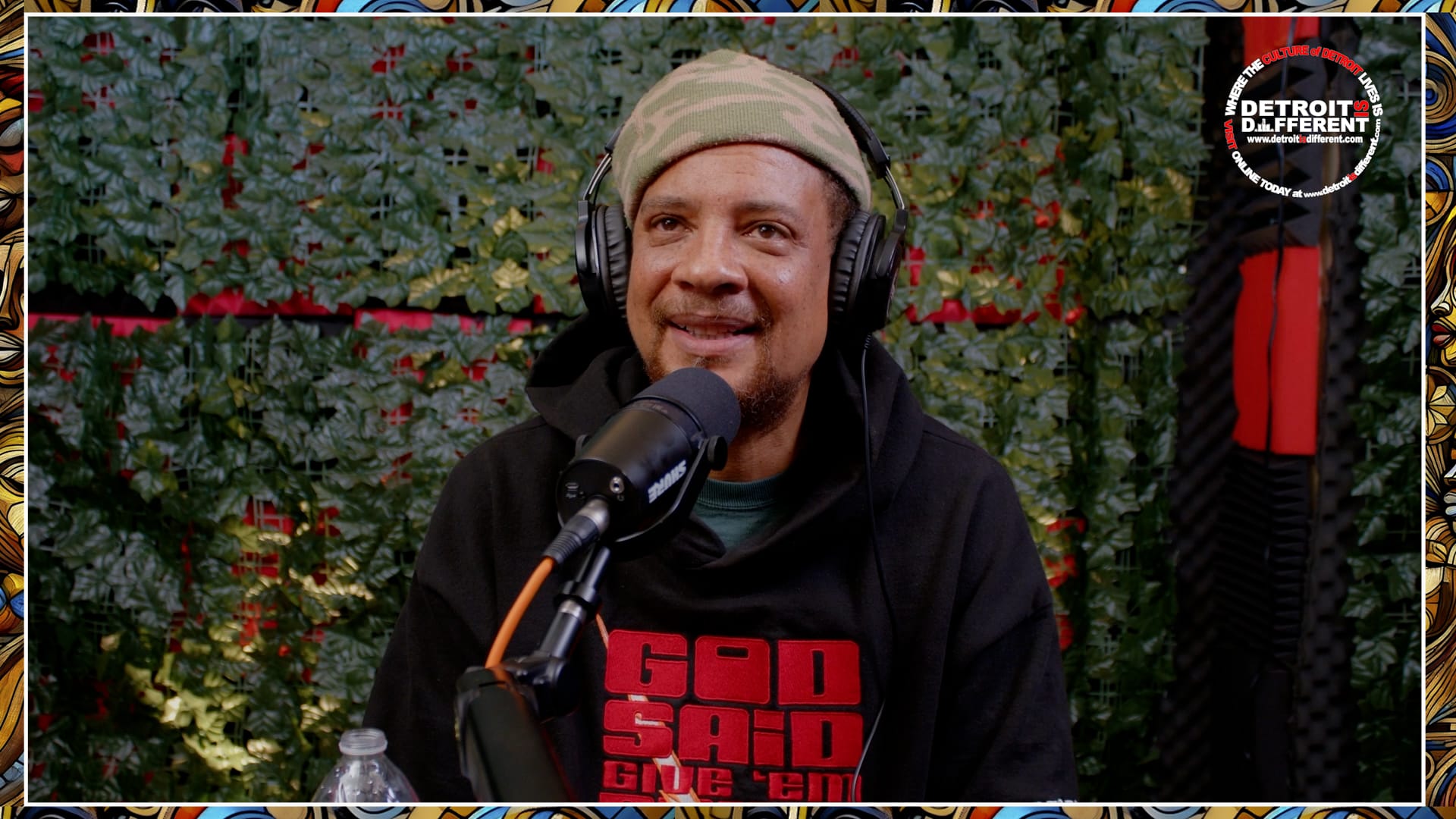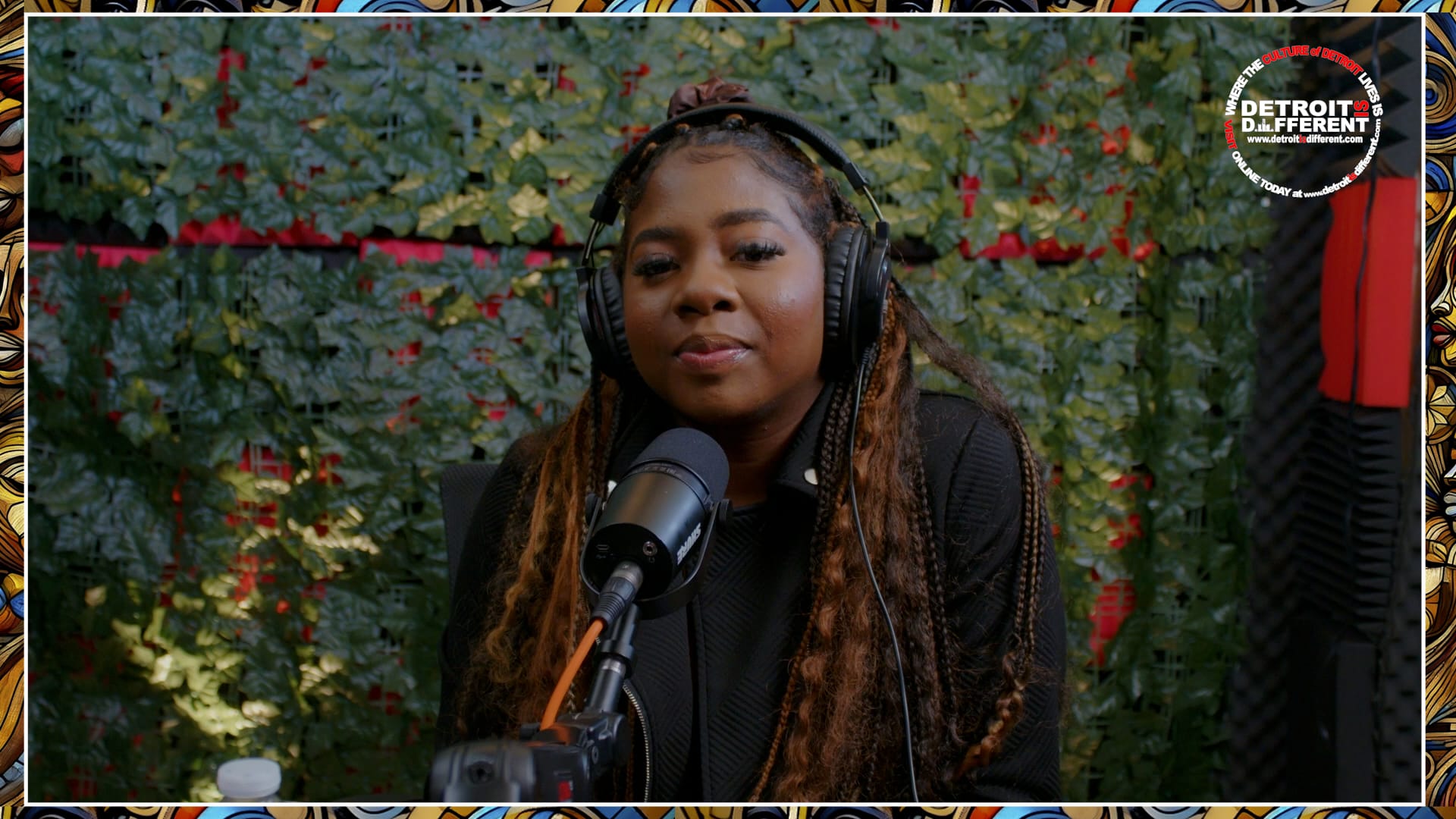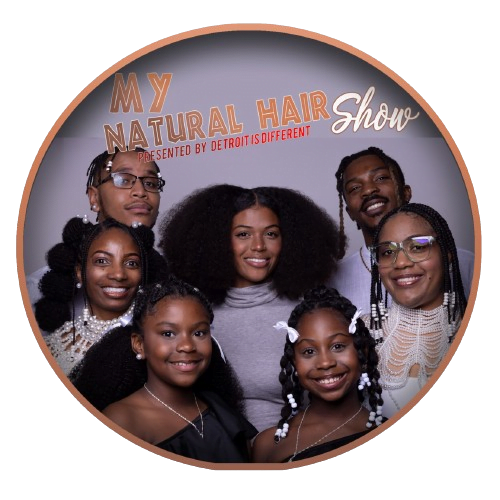Community is the Curriculum: Kim Sherobbi on Legacy, Leadership, and Love

“An abandoned house is not an abandoned house unless I see it as that.” In this soul-stirring Detroit is Different interview, Kim Sherobbi reflects on her lifelong commitment to community, tracing her purpose from childhood fashion shows on Bethune Street to founding the Birwood House as a space of radical love and collective leadership. Guided by a lineage of powerful Black women like her grandmother Lula White—”block club president for real”—and shaped by organizers like Ron Scott and the Boggs Center, Sherobbi affirms, “We can figure out how to go through this journey no matter what.” Her story illustrates how deeply community, family, and grief interweave into our purpose: “Community is big… people came to us and loved on us.” Through organizing block parties, teaching physical education with intention, and nurturing youth through programs like Community Lens, Kim lives the ethos that supporting others in finding their power is where transformation begins.

